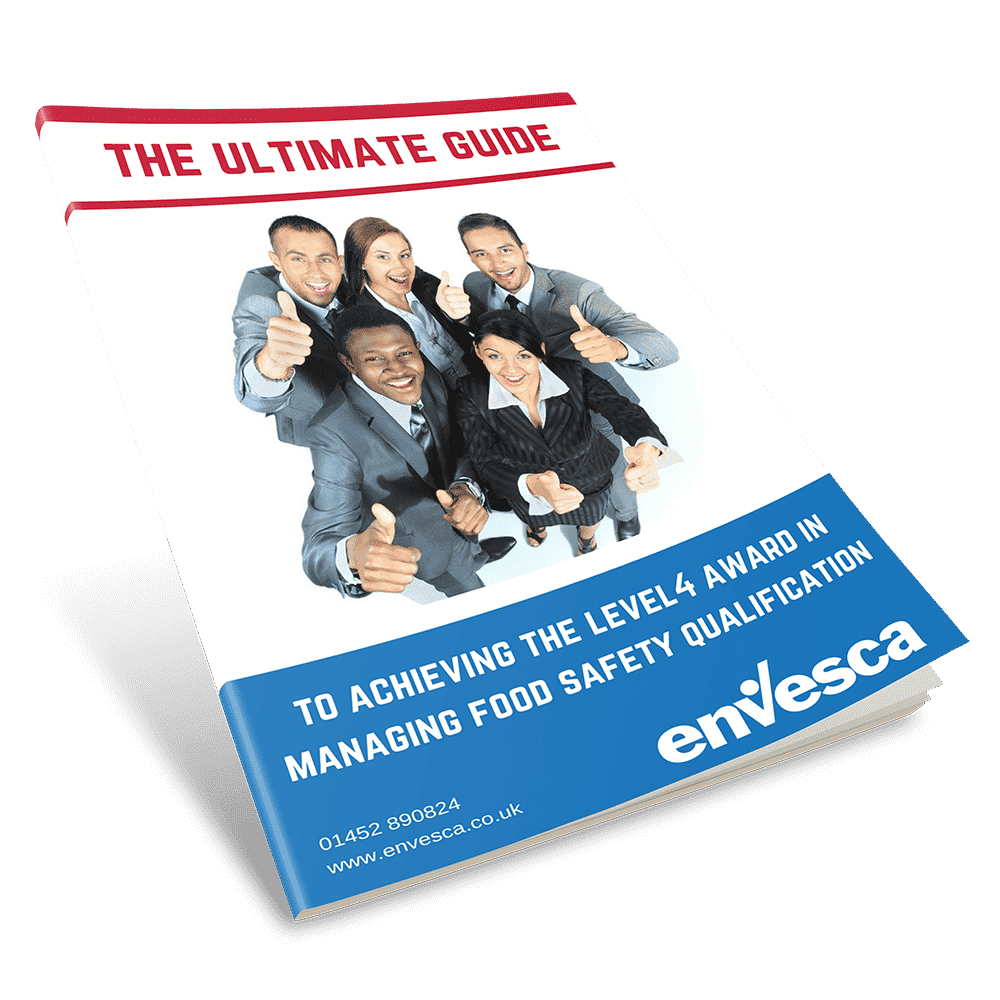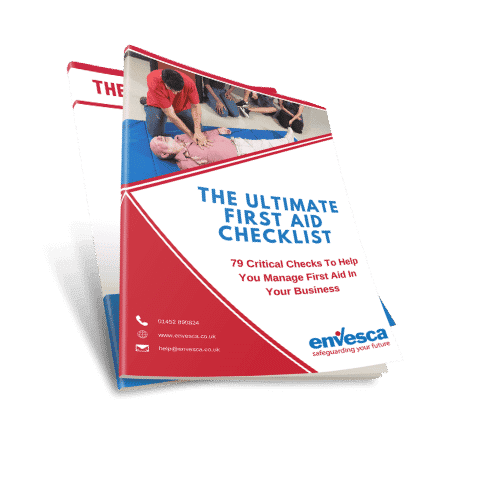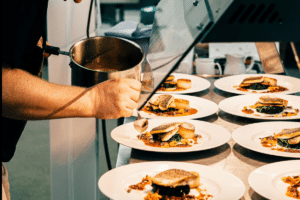Food Hygiene Training: How Can I Prevent Food Contamination During Picnics And Outside Events?

Food hygiene can be much more easily managed in a controlled environment, like a catering kitchen. But what if you’re a caterer that provides food for outdoor events?
Anyone who has done food hygiene training knows that event catering is high-risk, and there are different factors at play outdoors that mean food contamination is highly possible. Here we run through what you can do to avoid it.
Types Of Outside Catering Events
There are plenty of events that can take place outside. Have you ever catered for any of these?
- Festivals
- Weddings
- Corporate Events
- Fairs & Fetes
The food that is typically served at these sorts of events might include pizza, picnics, buffets, barbeques, and street food such as paella, noodles and crepes. If it’s a wedding you’re catering for, you might be asked to provide anything from afternoon tea to a 5-course sit-down meal!
Types Of Food Contamination
Before we move on to ways you can prevent food contamination, let’s look at the 4 types.
Chemical Contamination
When we talk about chemical contamination, we mean substances found in the food that shouldn’t be there. These chemical contaminants might have found their way into the food through production or processing or even during transit. In particular, take care with cleaning agents and be sure to use food grade clingfilm when wrapping food.
Physical Contamination
Food can become contaminated by foreign objects at any point of its transport, delivery, preparation and cooking, and this is called physical contamination.
Instances of physical contamination might include hair, insects and jewellery – basically any foreign object that shouldn’t be in the food. Physical food contamination can not only cause harm through choking and the possibility of damaging teeth, but it may also bring harmful bacteria along for the ride.
Biological Contamination
Biological contamination refers to the unwanted presence of microorganisms in food, things like bacteria, viruses, parasites and mould. Contamination can also result from the by-products of these microorganisms, and this type of contamination causes most foodborne illnesses.
Allergenic Contamination
There are 14 named foods that cause most allergies, with some of the top ranking being milk, nuts, eggs and fish. Allergenic contamination arises when one of these allergens mixes with another food.
Allergic people need only ingest, or sometimes even touch, the smallest amount of an allergen to suffer a serious or even fatal reaction.
What Is The Impact Of Food Contamination?
Let’s be really clear about why it’s so crucial to prevent food contamination…
All four types of food contamination can cause serious illness and even death. Poor knowledge of food hygiene has the potential to bring harm to any single customer who happens to attend one of the events you’re providing food for.
Anyone for proof? A case was reported where a student ate 5-day-old pasta that had been left out. A bacteria called Bacillus cereus was found to be present in a sample of his meal, and it was this biological contamination that led to his eventual death 10 hours later.

What Do You Need To Consider For Outside Events And Picnics?
We’ve looked at the different types of contamination that can occur. Now let’s work through how to prevent food contamination, especially when you’re catering for an outdoor event.
Temperature Control
Chilled food must be kept cold to ensure it remains safe to eat.
Every year 600 million people around the world are affected by foodborne illnesses, and one of the main causes of this is contamination from bacterial growth – the kind that occurs due to ineffective temperature control.
The danger zone for bacteria growth is a broad temperature range of 4-60°C, and with bacteria cells able to multiply at a super speedy rate, it can take as little as 20 minutes for the trouble to start.
Ingesting bacterially contaminated foods can cause serious illnesses. Storing susceptible foods below 4°C is one of the most important ways you can prevent food contamination when catering for outdoor events, so make sure you’re equipped with enough refrigeration to get the job done safely.
For cooked or reheated foods, remember to heat to at least a minimum core temperature of 75°C to kill off any bacteria already present. And, as a rule of thumb, throw food away if it has been sat at room temperature for 2 hours or more to significantly reduce the risk of contamination – 1 hour if it’s a hot day and the food has been sat outside.
Personal Hygiene
Like temperature control, maintaining high levels of hygiene can be more of a challenge if you’re catering outside.
UK food safety regulations set out hygiene rules stating that adequate and appropriate personal hygiene facilities must be provided by employers. Obvious things like not smoking, eating or drinking in the food handling area are one thing, but making sure suitable handwashing stations are set up is essential to preventing food contamination.
No running water at the venue? You’ll need to find a way around this to make sure your employees, and your business, can remain compliant.
Cross-Contamination
To prevent food contamination that arises from the wrong foods mixing, meticulous planning and execution of separate works areas is top of the list. All staff members must be aware of the individual stations devoted to cooked and raw food, and the utensils and equipment used in each area must be kept separate.
Food equipment should be easy to clean and in good condition, including preparation and serving surfaces. Every single piece of equipment also needs to be washed and disinfected correctly; this daunting task can be simplified by using a rota to make sure everyone works together to take responsibility.
To prevent food contamination of foods that are ready to serve, make sure they remain covered until the very last moment and give every dish its very own serving utensil.
Managing Dietary Requirements & Preferences
When considering how to prevent food contamination at an outdoor event, you’ll need to think about the separation and clear labelling of all of the foods you’re laying on.
Allergies, dietary requirements and individual preferences require caterers to be diligent in all elements of their planning. From storage to preparation and cooking, all the way through to service or presentation, foods for people with allergies and intolerances must be kept well away from unsafe foods to make sure cross-contamination doesn’t occur.
It’s a great idea to include labels for each dish that feature the ingredients and highlight any common allergens, and always remember to check the ingredients of any pre-made foods, condiments or sauces you’re serving.
Catering for an outdoor event with a hearty barbeque? For vegetarian and vegan guests, separate grills will be required for the cooking of their meat-free foods.
Catering For Outdoors Events Requires Extensive Planning
Outside events and picnics are a popular choice, but they do present some blockers for event caterers.
To prevent food contamination, meticulous preparation is key. And don’t forget, anyone who works where food is made, sold or served needs to have food hygiene training under their belt. Legally.
Would you have the correct food safety documentation, describing procedures and featuring records of regular review to hand, if asked? Have you ever enrolled your employees in an accredited training programme that boosted both morale and professionalism?
Envesca runs food safety courses that are accredited by Highfield Qualifications, one of the UK’s leading Awarding Organisations. Get in touch with us today to upskill your staff, prevent food contamination and protect your catering business.
Find this helpful?
Signup to our email notifications to receive alerts when we publish new blogs. We promise not to spam your inbox, you will just get a short snappy intro to Health and Safety articles we think you will love.
"*" indicates required fields

The Ultimate Guide to Passing the Level 4 Food Safety Examination
If you’ve got a question or query, please contact our super friendly team, they will be delighted to help you!
Simply get in touch via phone or email.

Free
Resources &
Downloads
Informative. Useful. Practical.
Here at Envesca we believe that we are good at giving proactive, sensible and useful advice. Below you will find some free resources that you can download on a host of subjects that will help you and your business.
Training Available
Envesca offer a number of different training courses, which offer advice and guidance on these topics.




